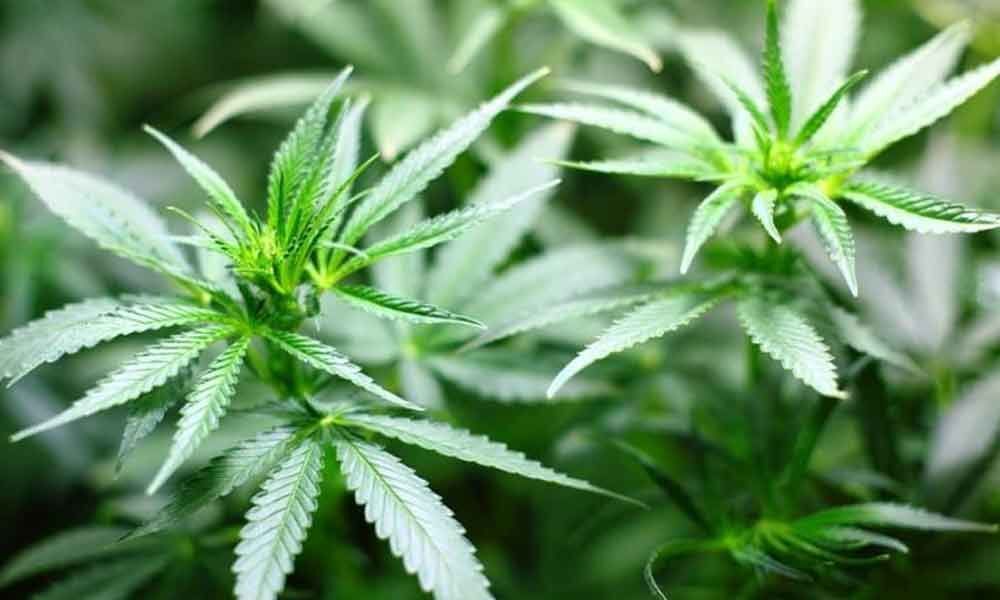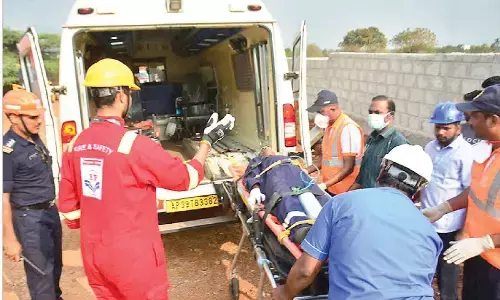Can cannabis impact the effectiveness of anaesthesia during surgery?

People who regularly use cannabis may need more than twice the usual dose of anaesthesia for surgery, a US study suggests.
Washington: People who regularly use cannabis may need more than twice the usual dose of anaesthesia for surgery, a US study suggests.
As a growing number of US states legalise marijuana for medical and recreational use, more patients who use the drug are showing up in operating rooms across the country. To get a clearer picture of how cannabis impacts the effectiveness of different types of anaesthesia, researchers studied 250 patients who had minimally invasive procedures requiring anaesthesia in Colorado, where recreational marijuana use is legal.
Twenty-five patients, or 10 per cent, said they regularly used cannabis. Compared to other patients, cannabis users needed more than twice as much of the anaesthetic propofol, the study found. Cannabis users also needed 14 per cent more of the analgesic fentanyl and 20 per cent more of the sedative midazolam.
"Cannabis users cannot assume that their use will have no effects on their medical care," said lead study author Dr Mark Twardowski of Western Medical Associates in Grand Junction, Colorado.
"Clearly the fact that use affects the effectiveness of these three medicines certainly raises myriad questions about potential effects on other medications (pain medicines, anxiety medicines etc.)," Twardowski said by email.
"Because cannabis has such a long life in the body, it may take months to ameliorate the effect," Twardowski said. "Patients absolutely need to inform their providers about cannabis use prior to any procedure."
Most of the patients in the study underwent colonoscopies. More research is needed to confirm these preliminary results in a larger population of cannabis users and in patients undergoing a wider variety of surgeries, the study authors' note.
One limitation of the study is the possibility that some cannabis users might not have disclosed this, leaving this information out of the medical records researchers used for their analysis. Even though recreational marijuana is legal where the study was done, stigma may have stopped some people from reporting it, researchers note in the Journal of the American Osteopathic Association.
But the results still suggest that doctors need to consider cannabis use when planning patient care and assessing medication needs, the study team writes.
"There is only a problem if patients do not tell their doctors that they are consuming cannabis and if doctors do not know the consequences of cannabis use for anaesthesia," said Dr Winfried Hauser of Klinikum Saarbrucken in Germany.
"Most probably, the number of patients which require increased dosages of anaesthetics because of recreational and /or medical use of cannabis will increase due to the legalisation of medical or recreational marijuana," Hauser, who wasn't involved in the study, said by email.











